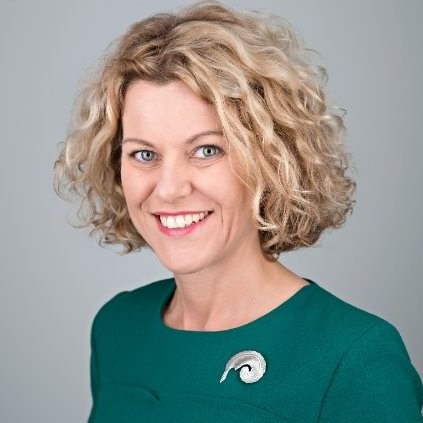Sessions With Laura Manson-Smith
Tuesday, 19 March
-
04:00pm - 04:40pm (CST) / 19/mar/2024 09:00 pm - 19/mar/2024 09:40 pm
Making Strategic Choices in a Time of Change
Energy TransitionMultiple transitions are unfolding around the world from geopolitical to technological. Meanwhile, the pace of change is accelerating as evidenced by the impact of Gen AI in just the past 12 months. The current energy transition is complex and multidimensional. Setting linear, global targets and predefined emissions pathways, which do not account for important aspects of the energy trilemma, have proven counterproductive. Net-zero targets for many countries go beyond 2050. And there are significant policy uncertainties in a year when over half of the world’s population is going to the polls. What strategies will endure in such a turbulent period? How are companies deciding on capital allocation across their portfolios and managing technological and policy risks? Why do investors seem skeptical about energy transition investments?

